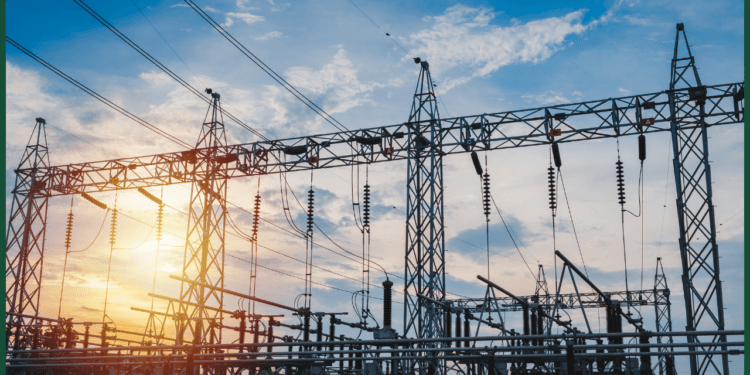In a significant development for Pakistan’s energy sector, the International Monetary Fund (IMF) has greenlit a government proposal to slash electricity tariffs by Rs1 per kilowatt-hour for all consumers. This decision, announced on Thursday, promises to ease the financial strain on millions of households and businesses grappling with soaring energy costs. The tariff reduction is part of a broader relief package and comes hot on the heels of a staff-level agreement between Pakistan and the IMF, signaling a strengthening economic partnership.
The IMF revealed that the tariff cut will be financed through a strategic levy imposed on natural gas consumed by captive power plants—industrial units that generate their own electricity. This innovative funding mechanism is expected to generate substantial revenue without burdening the national budget. Pakistani officials estimate that the measure could save consumers up to Rs100 billion collectively. For an average household using 500 units of electricity monthly, this translates to a welcome Rs500 reduction in their bill—a small but meaningful respite amid rising inflation.
The announcement aligns with Pakistan’s ongoing energy sector reforms, a key focus of the IMF’s Extended Fund Facility (EFF). Just days ago, the two parties finalized a staff-level agreement, paving the way for Pakistan to access an additional $1 billion under the EFF. The IMF praised Pakistan’s economic progress, noting that inflation has dropped to its lowest level since 2015, while other indicators hint at a steady recovery. The fund’s executive board is slated to approve this second tranche, alongside a new $1.3 billion Resilience and Sustainability Facility (RSF), by late April or early May.
However, the RSF funds will roll out gradually over 28 months and come with strings attached—Pakistan must meet 13 conditions, including the introduction of a carbon levy. While the $1 billion EFF disbursement offers immediate relief, the phased RSF approach underscores the IMF’s emphasis on long-term structural reforms.
For Pakistan’s citizens, the tariff cut is a rare piece of good news in an economy often weighed down by high energy costs and fiscal challenges. As the government balances IMF-mandated reforms with public demands, this move could bolster confidence in its economic stewardship—though experts warn that sustained progress hinges on tackling deeper inefficiencies in the power sector.

















































